Press Statement
As the ministerial level engagements at the 2024 Annual Meetings of the World Bank Group intensify in Washington DC, the United States, the Environment and Water Justice Network (EWJNet) has called out the Bank for being the driver of disruptive water privatisation projects in Africa, and cautioned governments on the continent to be wary of its financial inducements.
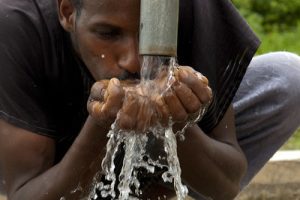
The EWJNet said that as the largest investor in water projects on the African continent, the World Bank is the force behind the dismantling of state-owned water companies to pave the way for privatizers.
EWJNet in a statement, said that the meeting in Washington which supposedly opens a window for the public to engage the Bank through live-streamed events, is a closed-ended charade as recommendations from the public are not considered in the institutions’ decision making processes.
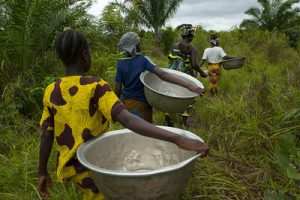
Executive Director of Citizens Free Service Forum (CFSF), Comrade Sani Baba said:
African governments have enough examples of how World Bank funded initiatives pave the way for disastrous privatization of water resources. From Nigeria where the business arm of the World Bank, the International Finance Corporation (IFC) provided advisory services to the Lagos government to embark on privatization of its abundant water resources to the federal level where it also supported the now rested National Water Resources Bill, the disruptive imprint of the Bank is in the public domain.
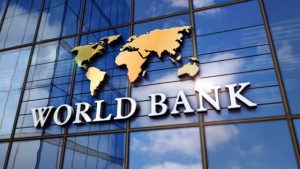
Executive Director of Renevlyn Development Initiative (RDI), Philip Jakpor said:
The annual simulation of public engagement by the World Bank is a meeting to further refine strategies of privatization of water and not targeted at the glaring human rights issues that are replete with privatized utility on the continent. Unfortunately, in country after country, these initiatives couched as public private partnerships have only generated tales of woe and a portfolio of inter-generational debt.
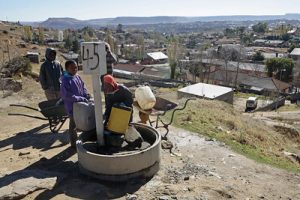
Executive Director of Child Health Organisation, Vicky Urenma said:
We do not believe in the so-called window of public engagement in the meetings that the World Bank created on social media. The women and young girls who are impacted negatively by water privatization and risk their lives to go long distances to get water daily are not on twitter or the other platforms. But they are the real victims of the policies conceived in the meetings.
Executive Director of Environmental Defenders Network (EDEN), Barrister Chima Williams said:
Water privatization is a legacy of colonialism and imperialism being foisted on Africa’s water systems. It must be rejected because it is a form of colonialism which also comes with debts and the indignity that our communities experience when their common patrimony is stolen from them.
Coordinator of the Ecumenical Water Network (EWN) Africa, Reverend Kolade Fadahunsi said:
It is disheartening that despite growing remunicipalizations and the recognition of the effectiveness of public sector investments, the World Bank is hell-bent on forcing privatization of water on the continent. The ongoing meeting in Washington is only an opportunity to reaffirm failure through technical jargons. African governments must refuse to be hoodwinked, Privatisation of water is a trap.
As the global water crisis continues to grow and affect over 2 billion people, the rigorously promoted privatization of water utilities have continued to fail in quality and service delivery. Across Africa private corporations are shutting water to thousands of poor people. It is happening in Kenya and South Africa where poor people who cannot pay for water are denied access. For Mali and Niger water privatisation is tied to debt relief. Ghana, water rates hit the roof after privatisation leaving one third of the population without water. Senegal and Gabon that the private water industry prides as a success experience frequent water service interruption, environmental and public health threats that have led to illnesses.
EWJNet comprises civil society, labour, faith-based, women-led and grassroots organisations advocating for the protection and upholding of the human right to safe and affordable water within the context of public control.
Some of the members of the network are:
Citizen Free Service Forum (CFSF), Renevlyn Development Initiative (RDI), Environmental Defenders Network (EDEN), Amalgamated Union of Public Corporations Civil Service Technical and Recreational Services Employees (AUPCTRE), Community Development Advocacy Foundation (CODAF) and Child Health Organisation, among others.
Secretariat
No.27 Suez Crescent, Ibrahim Abacha Estate, Wuse Zone 4.
info@cfsf.com.ng


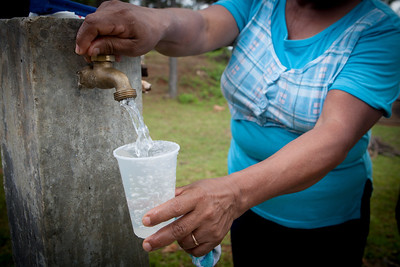
6 comments
6j1hbo
frbmyq
o93fj3
p1f02h
v2g4gt
64wpom